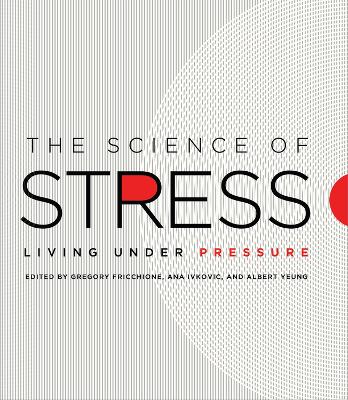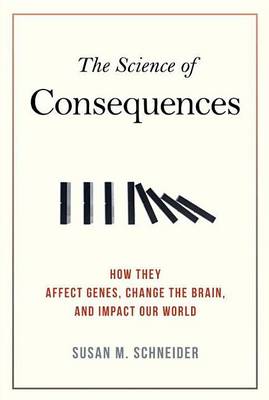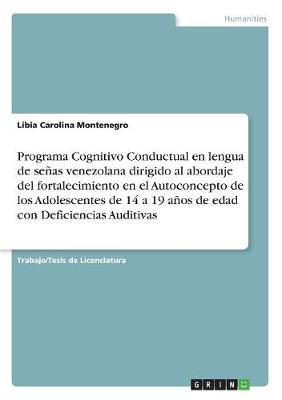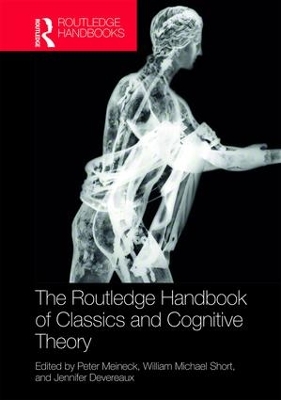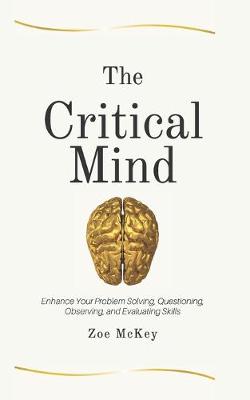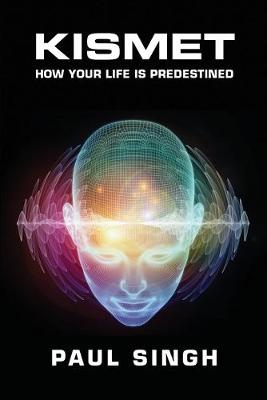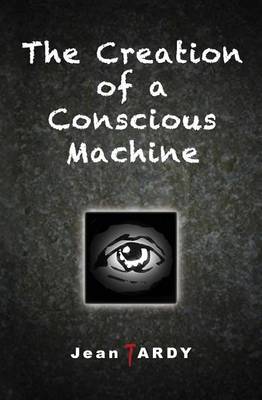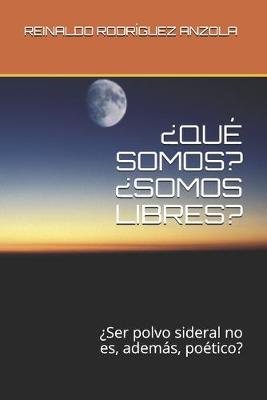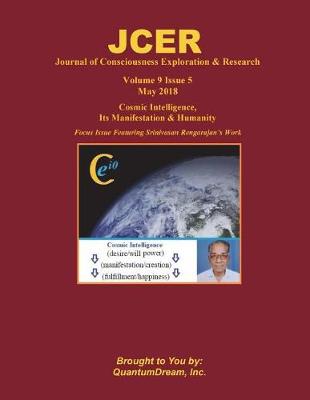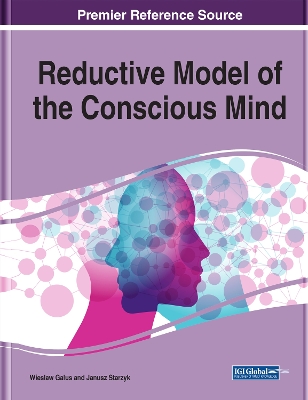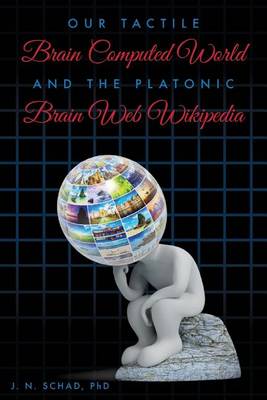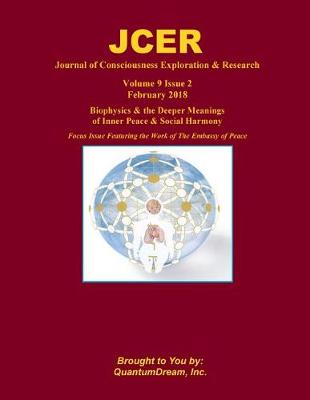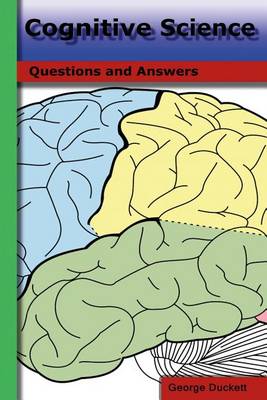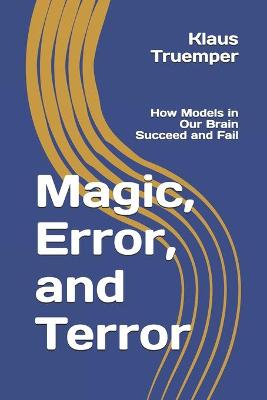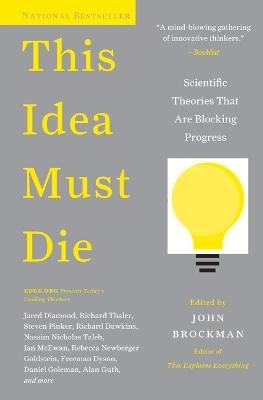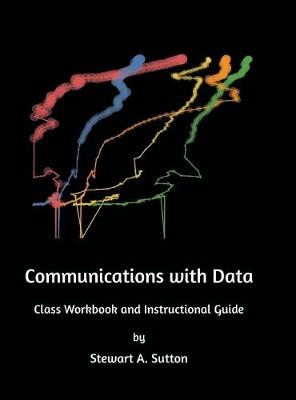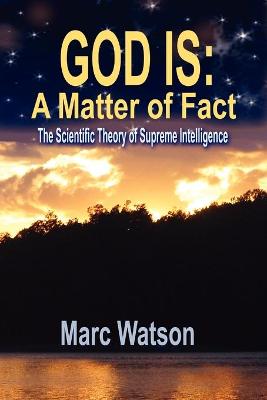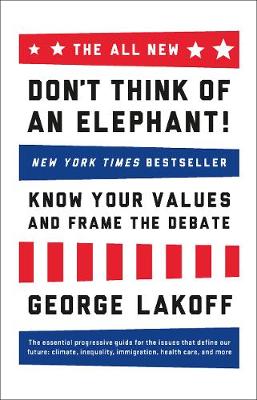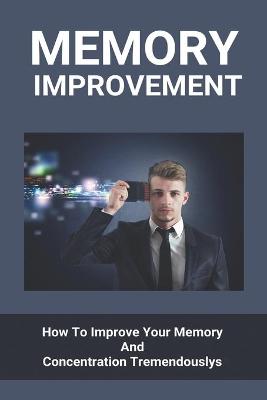Our jobs and families; the deluge of e-mails, texts, and calls; the constant pinch on our time and money; the screaming match of politics and the threat of terrorism and war--there is no doubt about it, we are completely stressed out. Most of the time, we just shrug it off, but as neuropsychiatrists Gregory L. Fricchione, Ana Ivkovic, and Albert Yeung gently remind us in this book: stress can be really, really bad for our health. In fact, persistent stress is directly linked to chronic ailments...
Actions have consequences--and the ability to learn from them revolutionized life on earth. While it's easy enough to see that consequences are important (where would we be without positive reinforcement?), few have heard there's a science of consequences, with principles that affect us every day. Despite their variety, consequences appear to follow a common set of scientific principles and share some similar effects in the brain--such as the "pleasure centers." Nature and nurture always work...
The Routledge Handbook of Classics and Cognitive Theory
The Routledge Handbook of Classics and Cognitive Theory is an interdisciplinary volume that examines the application of cognitive theory to the study of the classical world, across several interrelated areas including linguistics, literary theory, social practices, performance, artificial intelligence and archaeology. With contributions from a diverse group of international scholars working in this exciting new area, the volume explores the processes of the mind drawing from research in psycholo...
Kismet takes a scientific look at the brain itself, presenting research that supports the naturalistic stance that the mind is identical to the brain. And if mind is identical to the brain, says Singh, then we are all robots whose destinies are predetermined. Singh argues that if we take seriously the idea that the mind is the brain then it follows logically that free will must be an illusion, that there can be no consciousness independent of the brain, and that there can be no substantial self...
Reductive Model of the Conscious Mind (Advances in Human and Social Aspects of Technology)
by Wieslaw Galus and Janusz Starzyk
Research on natural and artificial brains is proceeding at a rapid pace. However, the understanding of the essence of consciousness has changed slightly over the millennia, and only the last decade has brought some progress to the area. Scientific ideas emerged that the soul could be a product of the material body and that calculating machines could imitate brain processes. However, the authors of this book reject the previously common dualism—the view that the material and spiritual-psychic pro...
Our Tactile Brain Computed World and The Platonic Brain Web Wikipedia
by Phd J N Schad
Journal of Consciousness Exploration & Research Volume 9 Issue 2 (Journal of Consciousness Exploration & Research, #9)
by Quantum Dream Inc
Organic Chemistry (Hexagonal Graph Paper Notebooks, #2)
by Alun Publishing
The bestselling editor of This Explains Everything brings together 175 of the world's most brilliant minds to tackle Edge.org's 2014 question: What scientific idea has become a relic blocking human progress? Each year, John Brockman, publisher of Edge.org-"The world's smartest website" (The Guardian)-challenges some of the world's greatest scientists, artists, and philosophers to answer a provocative question crucial to our time. In 2014 he asked 175 brilliant minds to ponder: What scientific i...
Ten years after writing the definitive, international bestselling book on political debate and messaging, George Lakoff returns with new strategies about how to frame today's essential issues. Called the "father of framing" by The New York Times, Lakoff explains how framing is about ideas-ideas that come before policy, ideas that make sense of facts, ideas that are proactive not reactive, positive not negative, ideas that need to be communicated out loud every day in public. The ALL NEW Don't...
